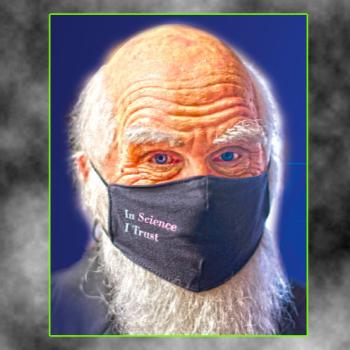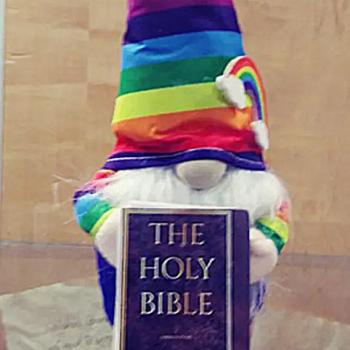
THE long good-bye to civil rights hero Representative John Lewis this week has me (and many others) thinking about the history of that struggle (and how little and reluctantly the country has budged on the issue of racism, and how far we still have to go).
Lewis’s Congressional biography tells how he got started.
He was born the son of sharecroppers on February 21, 1940, outside of Troy, Alabama. He grew up on his family’s farm and attended segregated public schools in Pike County, Alabama. As a young boy, he was inspired by the activism surrounding the Montgomery Bus Boycott and the words of the Rev. Martin Luther King Jr., which he heard on radio broadcasts. In those pivotal moments, he made a decision to become a part of the Civil Rights Movement. Ever since then, he has remained at the vanguard of progressive social movements and the human rights struggle in the United States.
Let’s dwell on that first sentence though – he was born the son of sharecroppers. That’s a whole history of oppression right there: it’s the fact that former slaves were never given any compensation for generations of forced labor, any way to start farming for themselves, any path to learning other kinds of work, and instead most of them were imprisoned in the system of sharecropping, because the owners saw to it that they were always in debt at the end of the year.
Sharecroppers were dirt poor and mostly unable to move away to find better work. Lewis attended segregated public schools in Pike County, Alabama, and you know what else? He couldn’t even get a library card.
Civil-rights campaigner and congressman John Lewis was in tears as he accepted America’s National Book award for young people’s literature in Manhattan on Wednesday night, speaking of how as a child he had been turned away from the public library for being black.
Lewis won the prestigious US honour for the third volume of his graphic memoir March, which tells of his vital part in the civil rights movement in the 1960s. “This is unreal. This is unbelievable,” said Lewis as he took to the stage with his visibly moved co-authors Andrew Aydin and Nate Powell.
Recounting how he grew up “very, very poor” in rural Alabama, Lewis said there were “very few books in our home”, recalling a trip in 1956 to try and borrow some books from the library.
“I had a wonderful teacher in elementary school who told me: ‘Read, my child, read’, and I tried to read everything. I love books,” said Lewis. “When I was 16 years old, some of my brothers and sisters and cousins [were] going down to the public library trying to get public library cards, and we were told the library was for whites only, not for coloureds. To come here and receive this award this honour is too much. Thank you.”
That’s our history, we in the US – not just two and a half centuries of slavery, not just trapping former slaves in sharecropping for another century after that, not just segregated schools (with most of the money going to the white schools, of course), but even the public library was closed to them. It makes you think people are a mistake.
This week even Republicans spoke in praise of Lewis.
One by one, they passed through the grand Capitol Rotunda to pay respects to the civil rights icon.
It was a solemn display of unity as congressional leaders from both sides of the aisle offered praise for longtime Georgia Rep. John Lewis. There was House Speaker Nancy Pelosi, who called Lewis the “conscience of the Congress”; and Senate Majority Leader Mitch McConnell, who praised him as a model of courage. Vice President Mike Pence and former Vice President Joe Biden, the presumptive Democratic nominee, came as well.
But there was one exception. Reporters asked Donald Trump, as he was on his way to the helicopter for another jaunt, if he would be paying his respects to John Lewis. “No, I won’t be going,” he said brusquely, with a little shake of the head. “No,” he added for emphasis, and turned and walked away.
The White House did not respond to questions about why the president did not attend. But Trump’s off-the-cuff declaration Monday afternoon that he wouldn’t go caught some White House aides off guard …
While the chances of Trump going were always slim, there had been preliminary conversations in the West Wing about Trump potentially making a visit on Tuesday. Trump had previously expressed a reluctance to publicly mourn Lewis because he remained angry about the congressman’s past criticisms.
His official tweet on Lewis’s death was so perfunctory as to be worse than no mention at all.
Saddened to hear the news of civil rights hero John Lewis passing. Melania and I send our prayers to he and his family.
Thnx bro; check grammar and spelling next time.
On the one hand the child of sharecroppers who risked his life for racial justice and worked for the downtrodden all his life; on the other hand the child of a lawless millionaire who has dedicated his life to thieving and bullying. I wish we could trade the second for the first.










